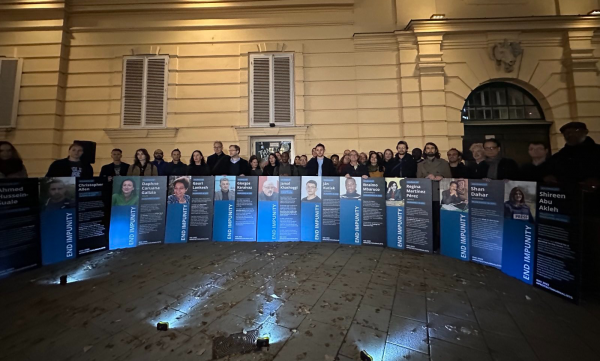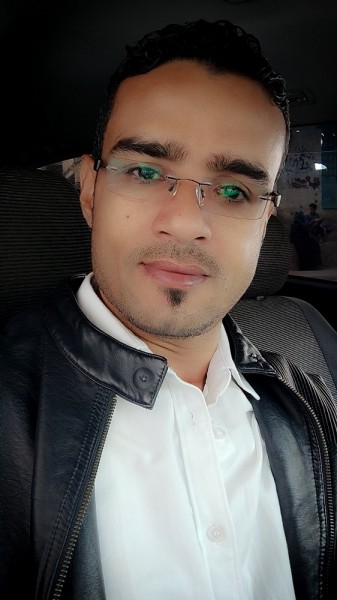The International Press Institute (IPI) called on the Yemeni authorities to fully investigate last month’s killing of journalist Wajdi al-Subaihi, who was also known as al-Shabi.
According to news reports and local journalists, gunmen in the city of Aden killed Al Subaihi, 30, late on Thursday, Feb. 21. The Sanaa-based Freedom Foundation reported that masked gunmen burst into his home, killing him and a friend. His wife and children witnessed his death, journalists said.
The next day, the Defense Ministry reportedly said that al-Subaihi had been working as a media spokesperson for Al Qaeda, and that the authorities had killed him but ten hours later the ministry issued a correction saying that the journalist did not work for Al Qaeda, and that the ministry did not know who had killed the two men, according to Hakim Almasmari, chief editor of The Yemen Post.
“No one has questioned this turn of events at all,” Almasmari told IPI by phone last week. He said that if international NGOs or others do not react, no action will be taken.
Another reporter, who asked not to be named, said that there had been various theories about the journalist’s death, and whether it was linked to politics or to a family conflict. However, these have not been investigated by the authorities or the media, journalists told IPI.
Al-Subaihi was a freelancer who worked for news websites based in the city of Aden, journalists told IPI. However, while the reporter was sympathetic to the secessionist Southern Movement, he was no more critical of the government than others, journalists told IPI.
IPI Deputy Director Anthony Mills said: “We condemn the killing of Wajdi al-Subaihi, and are alarmed to learn that no investigation appears to have taken place. The Yemen government, which is responsible for guaranteeing the safety of journalists in the country, must carry out a prompt investigation and ensure that the killers are brought to justice.”
Yemen has a very poor record on upholding press freedom.
The continued imprisonment of Abdulelah Haidar Shaia is a particularly harsh example. Shaia has been in prison for well over two years, despite having been pardoned by former Yemeni President Ali Abdullah Saleh in February 2012. He is reportedly suffering from health problems.
Shaia, a freelance journalist who worked with Al Jazeera and other international media, was known for his expertise about Al Qaeda in Yemen. He was first arrested in July 2010 and again in August that year. In January 2011, Shaia was convicted of recruiting for terrorist organizations and sentenced to five years in prison. In the face of public pressure, former President Saleh issued a pardon the next month. But following the reported intervention of United States President Barack Obama, Shaia was kept in jail, where he remains to this day.
Critics believe that Shaia is being punished for his coverage of the United States’drone program in Yemen, and its cost to civilian lives. According to a 2012 report in the Yemen Times, Shaia was “the first journalist to cover the death of 42 civilians in al-Majalla in Abyan, south Yemen, after a drone strike on Dec 17, 2009 on the area. The strike had allegedly targeted an Al Qaeda military training camp.”


